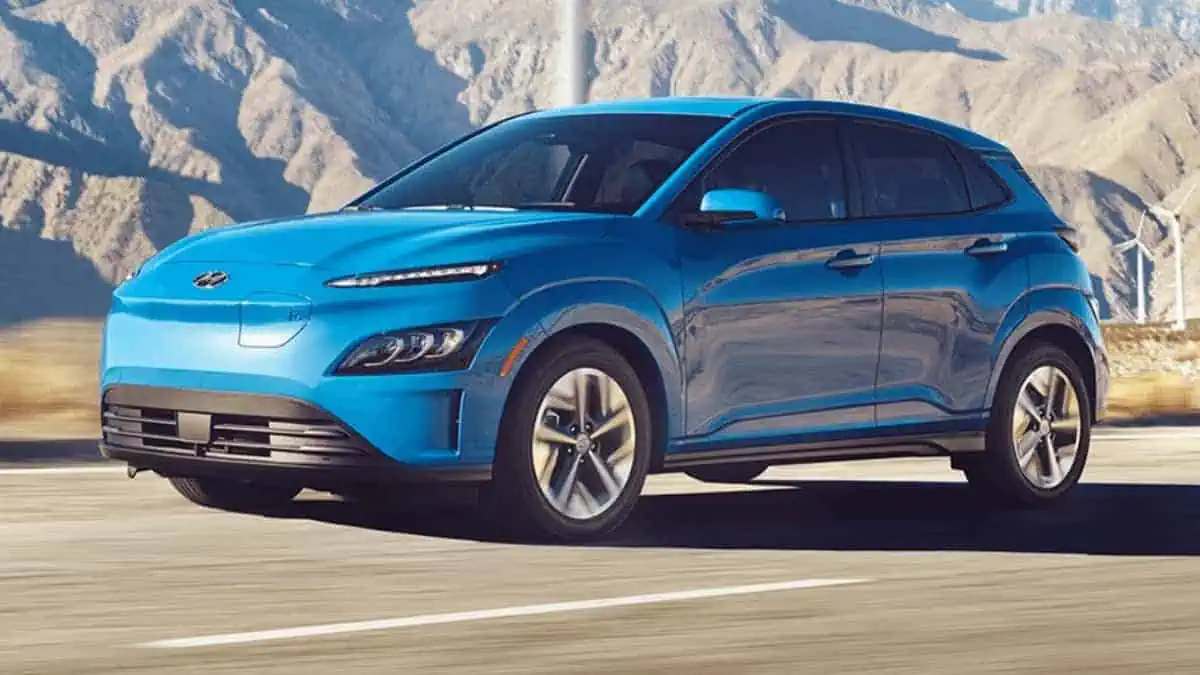Analysts at BofA Global Research believe that the long-term effect of the newly signed Inflation Reduction Act could include battery composition changes, such as a decrease in the usage of cobalt and improved domestic processing of essential components in the United States.
The Inflation Reduction Act offers a $7,500 tax credit for electric vehicles considering that they meet certain standards. One of them is the mandate that 80% of critical battery components should be processed domestically or from US trade partners, according to Utility Drive. Correspondingly, it could elevate the shift to the production of lithium iron phosphate batteries from cobalt.
Definitely, the new regulations would increase the sales threshold required to qualify.
“Hitting those thresholds will require major efforts,” according to a BofA Global Research report published Monday. “Indeed, materials account for almost two-thirds of EV battery costs. Given where supply is coming from, the targets may be easiest to achieve for lithium and more difficult for nickel.”
Cobalt is “unlikely to make a meaningful contribution toward qualifying for the tax credit,” BofA Global Research analysts said. It is a great opportunity for the US to boost the production of lithium iron phosphate batteries, as cobalt is typically extracted from the Democratic Republic of Congo and then processed in China.
“The industry needs to keep a focus on boosting lithium production, potentially also in the US,” BofA Global analysts added.
It is worth noting that President Biden aims for 50% of the US’ new passenger vehicle sales to be electric. To make it happen, there should be significant developments with new raw materials supply chains and charging infrastructures.
BofA Global said. “To start with, there is immense competition for battery raw materials … on current mine supply and EV production trajectories, we expect virtually every commodity to be undersupplied beyond 2025.”
On Monday, the US Department of Energy announced that it is looking for feedback on its new initiatives to improve domestic battery recycling. The $335 million in investments over five years for lithium-ion battery recycling programs was part of the bipartisan infrastructure law.
All things considered, it is clear that the federal government has employed EV tax credits as a measure to encourage the use of electric cars and lessen the reliance of the American automobile sector on fossil fuels.






